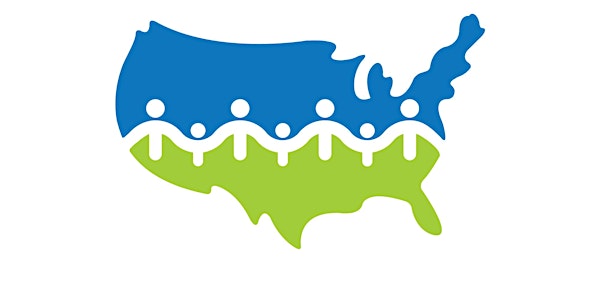
Introduction to the NFSN's Parent Advisory Committee Training and the Standards of Quality for Family Strengthening & Support
Date and time
Location
Online
Description
Part I: Info Session about the new NFSN Parent Advisory Committee Training
Join us for an overview of the new NFSN Training, Developing and Sustaining Effective Parent Advisory Committees. Learn about the opportunity to bring this unique 5-hour in-person training to your area. Whether Programs are exploring setting up new Parent Advisory Committees, or seeking to strengthen an existing one, this training will provide staff with the strategies and tools to maximize their potential for supporting Program success and Parent Leadership development. For more information on the Training please see here.
Part II: Introduction to the Standards of Quality for Family Strengthening & Support
What does it mean to be a quality Family Strengthening and Support Program?
What common language can we use for working effectively with families?
How can managers, direct service staff, and families work together to develop and sustain quality programs?
For answers to these questions and more, please join us to learn more about the nationally-adopted Standards of Quality for Family Strengthening & Support.
Since being issued by the California Network of Family Strengthening Networks in 2012, and adopted by the National Network of Family Support and Strengthening Networks in 2013, these Standards are being used across the country by public departments, foundations, networks, community-based organizations, and families.
Based on the Principles of Family Support Practice and the Strengthening Families Framework and its research-based evidence-informed 5 Protective Factors, they have created a common language across different kinds of Family Strengthening and Family Support programs such as Family Resource Centers, home visiting programs, and child development programs. They are used a tool for planning, providing, and assessing quality practice.
More than 3,700 people have successfully completed the Standards Certification Training in 11 states and the District of Columbia. Many more have been introduced to them through conferences, webinars, and downloading them online. The Standards, implementation tools, and more information can be found here.
You can view a 14 min video that articulates the connection between the Strengthening Families Protective Factors and the Standards here.
Who Should Participate:
National, state, and local policymakers, public departments, Children's Trust Fund staff, private funders, Family Support and Strengthening Network leaders and representatives, Family Support and Strengthening Program management staff
Presenters:
- Samantha Florey, Director of Training, National Family Support Network
- Andrew Russo, Co-Founder & Director, National Family Support Network
Webinars Wednesdays
This webinar is part of the National Family Support Network's Webinar Wednesday series. Current Webinar Schedule:
Organized by
Founded in 2011, the National Family Support Network (NFSN) is a membership-based organization comprised of state networks of two or more Family Resource Centers working together within a collective impact framework to ensure coordinated quality support for families. As the United States’ coordinating body for Family Strengthening & Support networks, the NFSN currently has 38 member networks, comprised of more than 3,000 Family Support and Strengthening organizations, representing the great geographical and demographic diversity of the nation. The mission of the NFSN is to promote positive outcomes for all children, families, and communities by leveraging the collective impact of state networks and championing quality family support and family strengthening practices and policies.